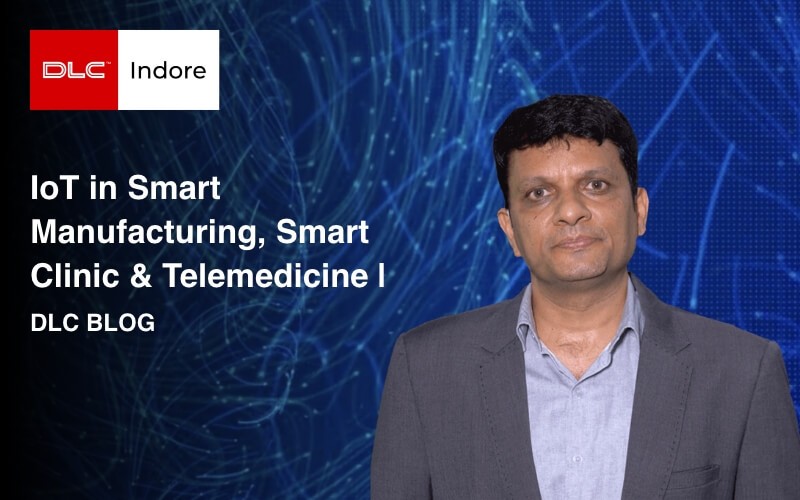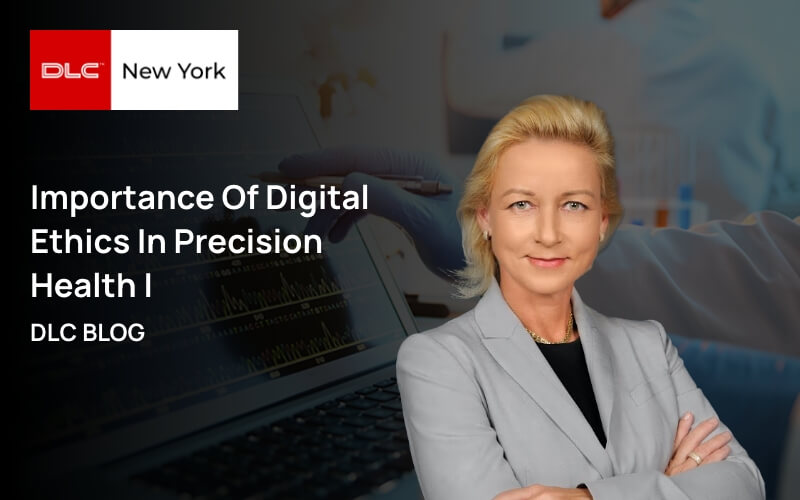
Health
Global Market
The Precision Medicine market is estimated to grow at impressive rates over the next decade. According to a recent report published by Marketwatch the precision medicine market value is estimated at $140.69B and is expected to grow at an 11.5% CAGR by 2030.
Definition
Precision medicine and precision health are relatively novel approaches that aim to redefine the way we diagnose, treat, and prevent disease. It has also evolved at an exponential pace over the last few years and fueled the development of a personalized care approach. This growth has been powered by several complex factors. Some of the main ones are advances in technology, an increasingly aging population with a higher incidence of cancers, increased use of big data, as well as scientific knowledge derived from panomics.
Panomics is currently considered one of the major drivers of innovation in healthcare and encompasses genomics, proteomics, metabolomics, transcriptomics, etc.
Genomics is one of the most significant precision medicine drivers and is considered by many experts as the one with the most disruptive potential in healthcare. The cost for next-generation sequencing techniques has decreased from $100,000 to less than $500 over the last decade, while speed and accuracy have increased. Next-generation sequencing has already become a paradigm-changing solution in our quest to move from an industry based on "sick care" toward a preventive, wellness-focused approach.
We now witness a comprehensive emphasis on all domains within precision health, which encompass wellness, longevity, disease monitoring, disease prevention, disease diagnosis, acute disease treatment, chronic disease management, etc.
The Power of Converging Technologies
The current digital era is marked by a complex array of technologies and novel ones being developed at an astonishing pace. Regardless of the source reviewed, some technologies are consistently high-ranked and considered to have high disruptive potential in the current healthcare industry such as Genomics, AI, Blockchain, Robotics, 3D, AR, VR, XR, Bio-Implants, Nanotechnology, Brain-Computer Interfaces, Bio-Implants, and others.
When evaluating each one of these, it is important to consider multiple complex factors such as privacy, security, scalability, cost, safety, and more importantly their impact on population health. The combined deployment of these novel technologies has an augmenting effect and can accelerate our research and development efforts, while at the same time triggering heightened ethics concerns.
The Need for Digital Ethics
We have a moral obligation to ensure privacy, greater transparency, enhanced security, improved traceability, increased efficiency, and exploitability.
Leveraging the full capabilities of all novel technologies in precision health could also serve as the foundation for developing global databases and data exchanges that could spark further preclinical, clinical and translational research, and act as a driver for continuously optimizing population health. However, those can also further increase the complexity of governance, regulatory and legal guidelines that must be drafted by key decision-makers.
To be successful we will have to achieve a larger collaboration and cooperation among all relevant stakeholders, revise our outdated laws and regulatory guidelines to match the latest scientific and technological advances, as well as solve some of the remaining barriers to large-scale technology deployments in healthcare.
Ethics has been a very important discipline for centuries. After decades of marginalization, we are witnessing a resurgence within the scientific and business community due to the complex ethical issues we are facing due to a high degree of automation and augmented intelligence infused in our daily activities, as well as the global business ecosystem. The scientific and business communities, and numerous not-for-profit- and government agencies are all appropriately concerned about ethical issues unique to a digital healthcare ecosystem, with topics like algorithmic bias, social determinants discrimination, data privacy, data ownership, AI transparency, and trust making the headlines daily.
Reactive or mitigation approaches are not an optimal solution and one would hope that ethical leadership in this era of digital healthcare will be defined by state-of-the-art strategic planning, complemented by a revision of our medical education system and a profound transformation of our current healthcare delivery system.
Building a Culture of Ethics
The digital era has changed how our society establishes and verifies trust. Healthcare organizations can create digital trust by designing and implementing comprehensive digital ethics programs and building a lasting culture of digital ethics.
In the post-pandemic era, digital health has become a strong driver of the global economy, however, it is also plagued by a significant trust gap. Only by collaborating towards creating a more responsible data governance framework globally can we achieve sustainable societal trust in tech-driven healthcare models such as virtual, digital, or precision health.
Given the prominent role, genomics plays in precision medicine and the devastating impact privacy breaches can have on our society, there is an opportunity for these precision health leaders to establish themselves as leaders in the digital ethics ecosystem. They can drive the creation and enforce adherence to global digital ethics standards, best practices, and customized digital ethics KPIs.
Forward-looking companies will need to embrace a greater sense of purpose with emphasis on population health, personalized care, and human-centric design for patients and providers will ensure long-term success. C-Suite leaders need to adapt and transform their organizations from an ROI-centered mission to meet the needs of this dynamic healthcare ecosystem. Their strategic mindset has to shift from “ sick-care” to “ well care” and they will have to be purposefully disruptive to maintain their competitive advantage.
Future Directions
The precision health and digital health ecosystems are intertwined and will facilitate the transition towards a personalized care approach to optimize global population health.
Future generations will likely benefit from digital health twins, smart hospitals, smart pharmacies, smart laboratories, and smart imaging centers, however, they will also expect an ethically-driven global precision health ecosystem.
The future of precision health will likely be influenced by building and maintaining a state-of-the-art culture of ethics that would be continuously optimized to adapt to the demands of an exponential medicine era, such as ultra-rapid advancements and deployments of new technologies or a constant influx of disruptors entering the global healthcare ecosystem.
WBAF World Excellence Award-Social Entrepreneurship 2021 Top 50 Global Leaders in Health Tech Top 100 Visionary In Education Award 2021 Top 100 Global Women in Leadership Award 2021 Top 100 World Women Vision Award 2021-Innovation & Tech Top 100 Women in Social Enterprise 2021 ( nominee) Nations of Women Change Makers Award ( finalist) Top 100 Healthcare Leader 2020 Award Top 100 Finance Leader 2020 Award Top 100 Women in Crypto 2020 Excellence In Education Award 2020 Women Leader Award 2016 Teaching Award 2010 Excellence in Research Award 2001 She is a healthcare futurist and globalist who has extensive experience in the healthcare industry as a founder, executive, consultant or speaker.
Want to connect ?





































































